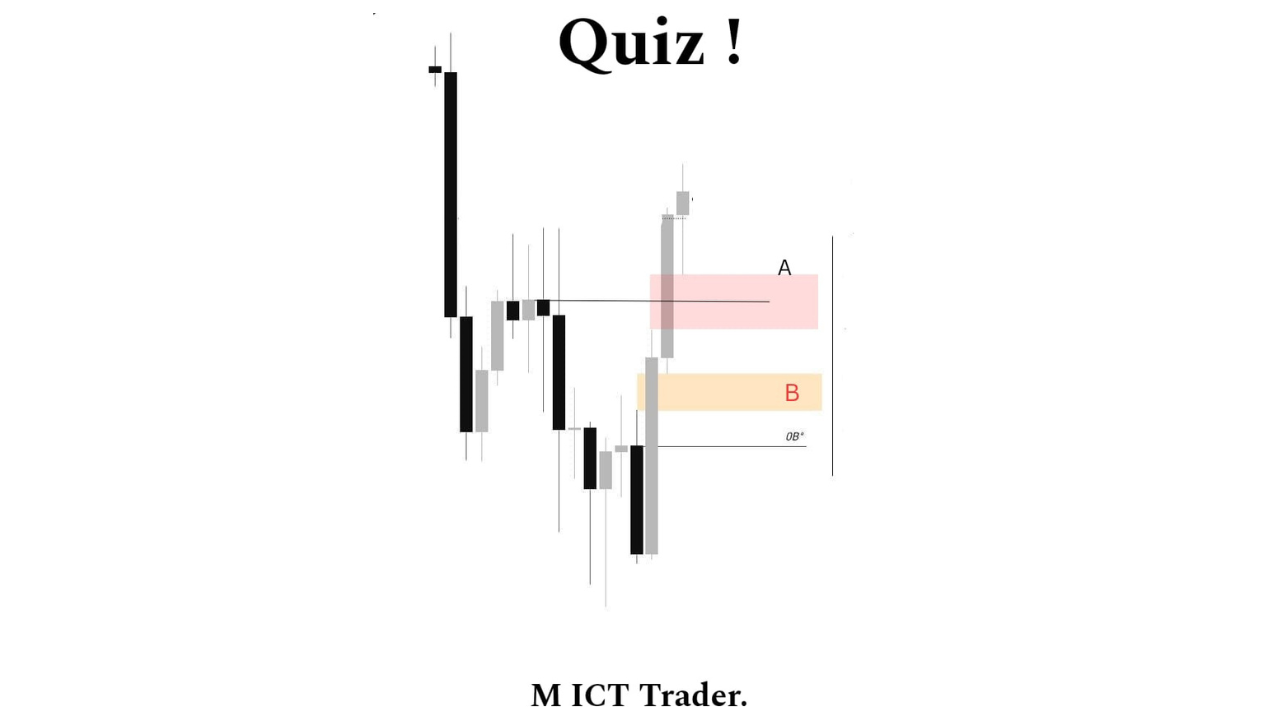Introduction
Trading in financial markets, whether in stocks, forex, cryptocurrencies, or commodities, is as much a mental game as it is a technical one. While strategies, technical analysis, and market knowledge are crucial, trading psychology and mindset often determine long-term success. A trader’s ability to manage emotions, maintain discipline, and cultivate a resilient mindset can make the difference between consistent profits and devastating losses. This blog article provides a comprehensive, plagiarism-free, SEO-friendly, and AdSense-ready guide to mastering trading psychology, offering practical tips and insights to help traders thrive in the high-pressure world of financial markets.
Understanding Trading Psychology
Trading psychology refers to the emotional and mental state of a trader while making decisions in the markets. It encompasses how emotions like fear, greed, hope, and regret influence trading behavior. The markets are inherently uncertain, and this uncertainty can trigger emotional responses that lead to irrational decisions. Successful traders develop mental frameworks to stay calm, focused, and disciplined, even during volatile market conditions.
Why Trading Psychology Matters
- Emotional Control Prevents Costly Mistakes: Fear can lead to premature exits from profitable trades, while greed can push traders to overleverage or hold losing positions too long.
- Consistency Over Luck: A strong mindset ensures traders stick to their strategies, avoiding impulsive decisions that rely on chance.
- Long-Term Resilience: Markets are cyclical, with periods of gains and losses. A robust psychological approach helps traders navigate drawdowns without losing confidence.
Key Psychological Challenges in Trading
Traders face several psychological hurdles that can undermine their performance. Understanding these challenges is the first step toward overcoming them.
1. Fear of Missing Out (FOMO)
FOMO occurs when traders chase trades due to market hype or rapid price movements, often leading to poor entries at overbought levels. For example, during a crypto bull run, a trader might buy Bitcoin at its peak, only to see prices collapse shortly after.
2. Fear of Loss
Fear of losing money can cause traders to exit positions prematurely or avoid taking trades altogether. This fear often stems from past losses or a lack of confidence in one’s strategy.
3. Greed and Overconfidence
Greed can lead traders to take excessive risks, such as overleveraging or ignoring risk management rules. Overconfidence, often triggered by a string of wins, can make traders complacent, leading to reckless decisions.
4. Revenge Trading
After a loss, some traders attempt to “win back” their money by taking impulsive, high-risk trades. This emotional reaction often compounds losses and disrupts disciplined trading.
5. Analysis Paralysis
Overthinking or second-guessing trades due to excessive analysis can prevent traders from acting on opportunities, leading to missed profits or indecision.
Building a Winning Trading Mindset
Developing a strong trading mindset requires intentional effort, self-awareness, and consistent practice. Below are actionable strategies to cultivate the psychological resilience needed for long-term success.
1. Develop a Trading Plan and Stick to It
A well-defined trading plan is the foundation of disciplined trading. It outlines entry and exit criteria, risk management rules, and goals, reducing the influence of emotions on decision-making.
- Components of a Trading Plan:
- Entry and exit rules based on technical or fundamental analysis.
- Risk-reward ratio (e.g., 1:2 or 1:3) for each trade.
- Position sizing based on account size (e.g., risking no more than 1-2% per trade).
- Daily or weekly trading goals, such as a target number of trades or profit objectives.
- Tip: Review your plan daily and avoid deviating from it, even during volatile market conditions.
2. Master Emotional Discipline
Emotional discipline involves recognizing and controlling emotional triggers. Techniques to achieve this include:
- Mindfulness and Meditation: Practicing mindfulness helps traders stay present and avoid impulsive reactions. A 10-minute daily meditation session can improve focus and reduce stress.
- Journaling: Maintain a trading journal to record trades, emotions, and outcomes. Reviewing entries helps identify patterns of emotional decision-making.
- Breathing Exercises: During high-stress moments, such as a rapidly moving market, take slow, deep breaths to calm your nervous system.
3. Embrace Risk Management
Effective risk management protects capital and boosts confidence. Key practices include:
- Position Sizing: Never risk more than 1-2% of your account on a single trade to limit losses.
- Stop-Loss Orders: Always set stop-losses to cap potential losses automatically.
- Diversification: Avoid putting all capital into one asset or market to reduce exposure to volatility.
4. Focus on Process, Not Outcome
Obsession with profits can lead to emotional trading. Instead, focus on executing your strategy flawlessly. A good process will yield consistent results over time, even if individual trades result in losses.
- Example: If your strategy has a 60% win rate and a 1:2 risk-reward ratio, trust that losses are part of the system and focus on following your rules.
5. Cultivate Patience
Patience is critical in trading. Waiting for high-probability setups, rather than forcing trades, improves outcomes. Avoid the temptation to trade out of boredom or FOMO.
- Practice Tip: Set specific criteria for trades (e.g., a moving average crossover or a breakout with confirmation) and only act when those conditions are met.
6. Learn from Losses
Losses are inevitable in trading, but they offer valuable lessons. Instead of dwelling on losses, analyze them objectively to improve your strategy.
- Steps to Learn from Losses:
- Review the trade in your journal.
- Identify whether the loss was due to a flawed strategy, poor execution, or market unpredictability.
- Adjust your approach if necessary, but avoid overreacting by abandoning a proven system.
7. Build Confidence Through Education
Knowledge reduces fear and builds confidence. Continuously educate yourself on market dynamics, technical analysis, and macroeconomic factors.
- Resources:
- Books like Trading in the Zone by Mark Douglas or The Psychology of Trading by Brett Steenbarger.
- Online courses on platforms like Coursera or Udemy.
- Following reputable traders on X for insights (without copying their trades blindly).
8. Manage Stress and Lifestyle
Trading is mentally taxing, and stress can impair decision-making. Maintain a balanced lifestyle to stay sharp:
- Sleep: Aim for 7-8 hours of quality sleep to improve focus and emotional regulation.
- Exercise: Regular physical activity reduces stress and boosts mental clarity.
- Diet: A healthy diet supports cognitive function and energy levels.
- Breaks: Take regular breaks from trading to avoid burnout and maintain perspective.
Long-Term Mindset Strategies
For sustained success, traders must adopt a mindset that prioritizes growth and adaptability over short-term gains.
1. Adopt a Growth Mindset
View challenges as opportunities to learn rather than setbacks. A growth mindset encourages resilience and continuous improvement.
- Example: Instead of feeling defeated by a losing streak, analyze what went wrong and refine your strategy.
2. Set Realistic Expectations
Unrealistic expectations, such as aiming for 100% returns annually, can lead to frustration and risky behavior. Understand that even professional traders typically aim for 10-20% annual returns with consistent strategies.
3. Stay Detached from Outcomes
Detach your self-worth from trading results. A single loss or win does not define your skill or value as a trader. Focus on long-term performance metrics, such as average monthly returns or win rate.
4. Build a Support System
Surround yourself with like-minded traders or mentors who can provide guidance and accountability. Online communities on platforms like X or trading forums can offer valuable perspectives, but be cautious of unverified advice.
5. Adapt to Market Changes
Markets evolve, and so must your mindset. Stay open to adjusting your strategies in response to changing conditions, such as shifts in volatility or new regulations.
Common Psychological Traps and How to Avoid Them
- Overtrading: Limit the number of trades per day or week to avoid fatigue and emotional decisions. Stick to your plan’s criteria.
- Chasing Losses: After a loss, take a break to reset emotionally before trading again.
- Confirmation Bias: Avoid seeking information that only supports your trade ideas. Consider opposing viewpoints to make balanced decisions.
- Herd Mentality: Don’t follow market hype or social media trends blindly. Trust your analysis and strategy.
Practical Tools for Mental Discipline
- Trading Journal: Use apps like Evernote or Excel to track trades and emotions.
- Visualization: Visualize successful trades and calm decision-making to build confidence.
- Accountability Partner: Share your trading plan with a mentor or peer to stay accountable.
- Trading Simulators: Practice in a demo account to test strategies without emotional pressure.
Conclusion
Trading psychology and mindset are the cornerstones of long-term success in financial markets. By developing a disciplined approach, managing emotions, and focusing on process over outcomes, traders can navigate the ups and downs of the market with confidence. Key practices like maintaining a trading plan, embracing risk management, and cultivating patience will help you stay grounded, even in volatile conditions. Continuous learning, a balanced lifestyle, and a growth mindset will further enhance your ability to thrive as a trader. Start implementing these strategies today, and take control of your trading journey for sustained success.
Disclaimer
The information in this article is for educational purposes only and does not constitute financial advice. Trading involves significant risks, including the potential loss of capital. Always conduct thorough research and consult with a qualified financial advisor before making trading decisions. The author and publisher are not responsible for any financial losses incurred from actions taken based on this content.
























2 thoughts on “Mastering Trading Psychology and Mindset for Long-Term Success”
Wooow realy it is very interesting and useful. Thank you
Amazing 🥰